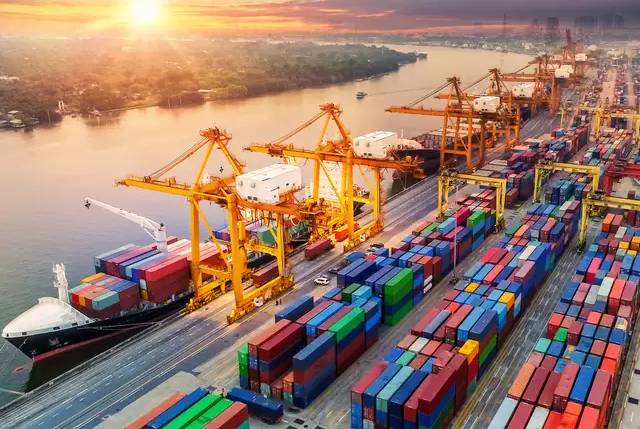Sri Lanka's imports fell 23.1 percent on a year-on-year basis for the eighth consecutive year, to US dollars 1,400 million as private credit slowed and balance sheets of some banks contracted, pointing to a sharp slowdown in economic activity.
All three major categories of imports; consumer goods, investment goods and intermediate goods contributed to the decline in June 2019.
Expenditure on consumer goods imports reduced by 39.4 per cent in June 2019, due to lower imports of all sub categories of non-food consumer goods, particularly, personal motor vehicles.
The persistent decline in import expenditure on personal motor vehicles mainly reflects the impact of the upward revision of excise duties introduced in March 2019 on the importation of hybrid and electric motor vehicles and motor cars with less than 1000cc engine capacity.
Expenditure on food and beverages imports also decreased reflecting lower outlays in almost all sub categories except seafood, cereals and milling industry products.
Imports of intermediate goods have been decreased by 11.1 per cent in June 2019 mainly due to lower fuel imports.
Both crude oil and refined petroleum products declined due to the combined impact of low import volumes and prices.
Imports of textiles and textile articles, fertiliser, chemical products, food preparations and paper and paper boards also contributed to the reduction in imports.
However, imports of base metals increased in June 2019. Import expenditure on investment goods decreased in June 2019, due to lower imports in all sub categories.
Building material imports reduced mainly due to the decline in iron and steel and cement imports while transport equipment reduced mainly due to the decline in certain categories of vehicles such as commercial cabs, auto trishaws etc.
(LI)

